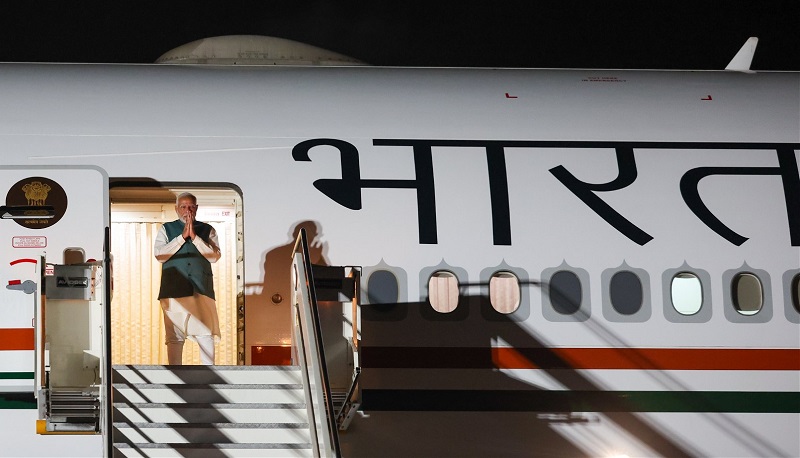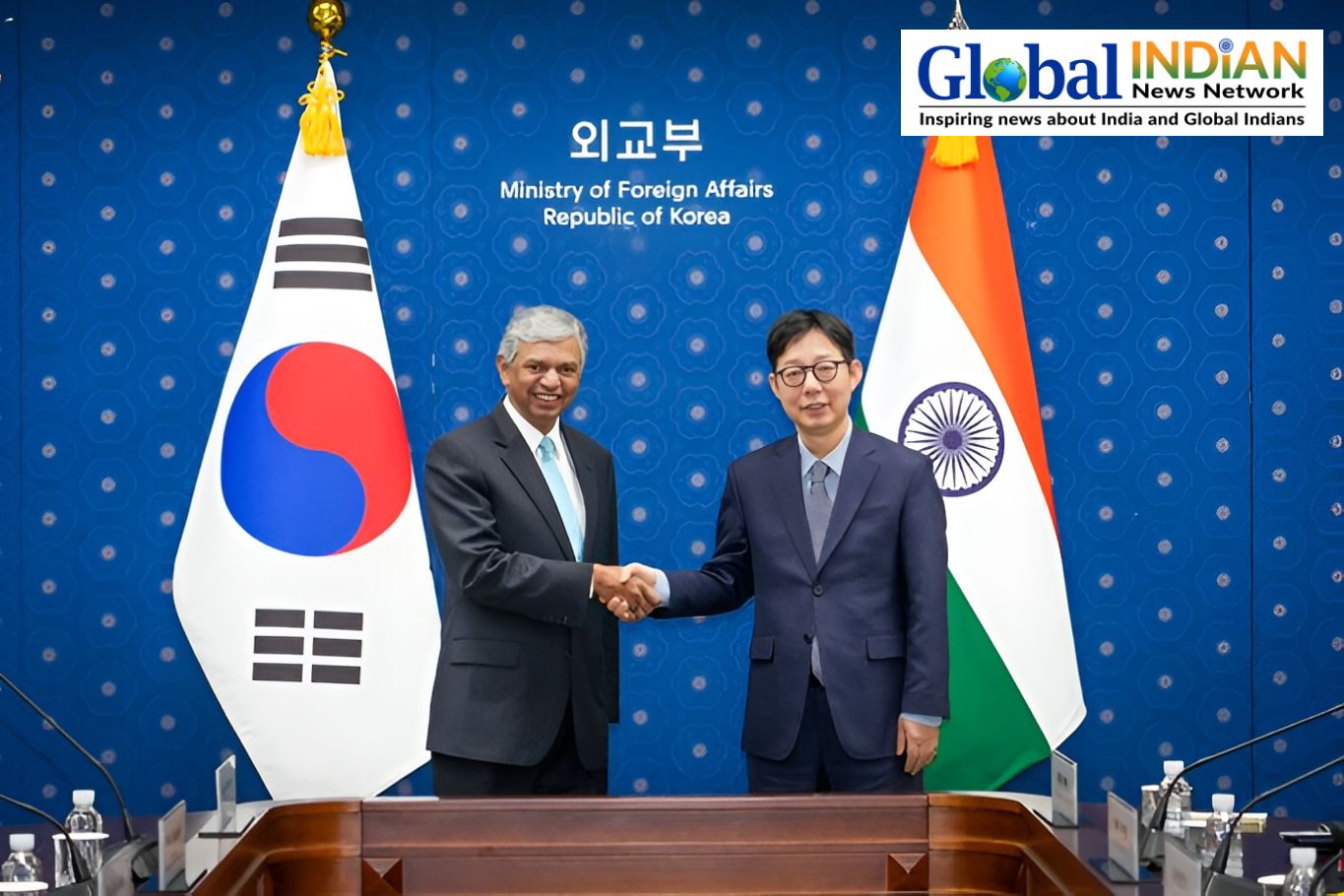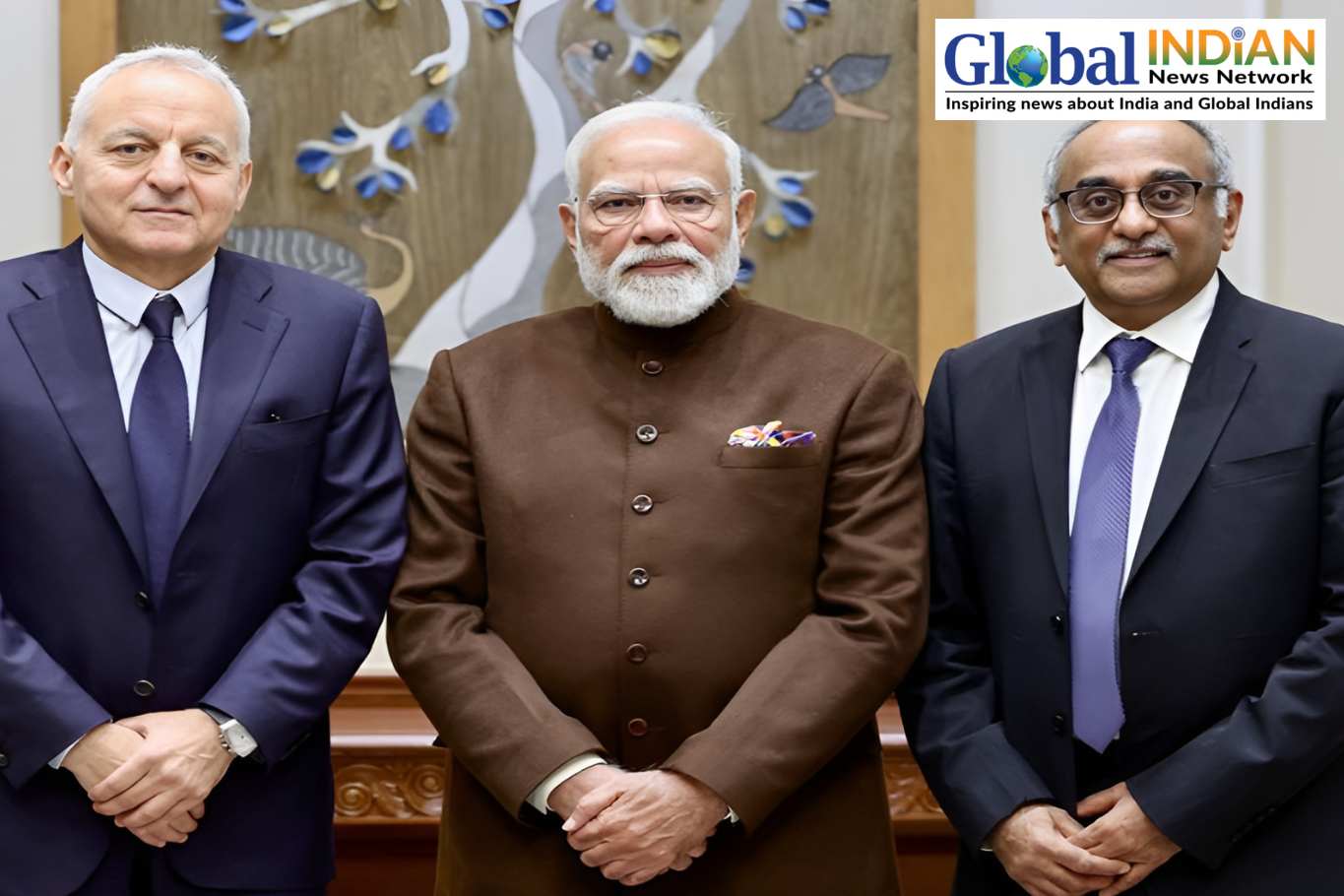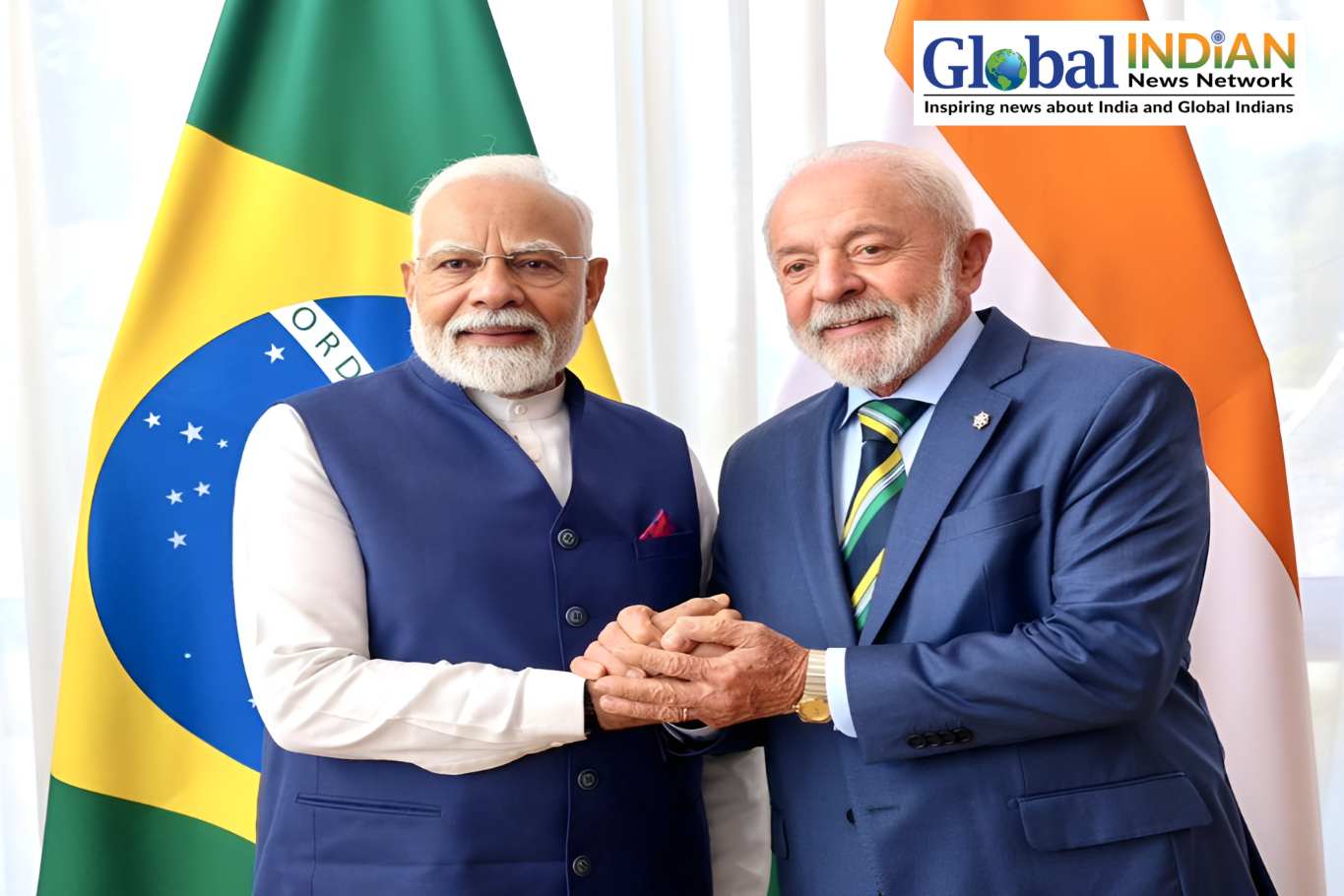
The G7 has evolved significantly from its origins as a White House “Library Group” of finance ministers navigating the aftermath of Bretton Woods and oil shocks. Initially comprising West Germany, France, UK, and the US, it progressed into a formal platform for managing global economic issues, later joined by Italy, Canada, and Japan. In 1981, the European Union became a non-enumerated member, solidifying the G7’s role as a coordinating body for economic, trade, finance, and foreign policy matters among the world’s wealthiest nations.
Russia’s expulsion from the group in 2014 followed its annexation of Crimea, altering its composition temporarily. Italy, currently holding the G7 presidency for the seventh time since January 1, 2024, hosts a series of ministerial meetings addressing diverse global challenges from industry and digital technology to climate change and international finance.
The ongoing G7 summit in Puglia, scheduled from June 13 to 15, includes the annual leaders’ summit. Prime Minister Narendra Modi’s attendance at the G7 outreach session, his first foreign visit since re-election, underscores India’s longstanding participation as a non-member. This invitation reflects India’s growing influence as the world’s third-largest economy-in-waiting, deeply integrated into global supply chains and pivotal in shaping financial policies with global implications, from climate action to development priorities.
Despite projected slower growth rates for China and India in 2024 compared to the previous year, several G7 nations are poised for accelerated growth, particularly Germany recovering from negative GDP growth in 2023. With a combined GDP significantly exceeding that of BRICS countries, the G7’s economic policies hold substantial sway over global economic governance, complementing initiatives by other international bodies like the OECD and G20.
The G7’s recent landmark agreement on a global minimum corporate tax rate of 15% reflects its pivotal role in steering international economic policies. This agreement, crucial for curbing tax competition and standardizing corporate taxation globally, exemplifies the G7’s capacity to influence global economic regulations, with implications even for large developing economies like India.
Moreover, India’s participation in G7 discussions extends beyond symbolic representation of the Global South. It aligns with initiatives such as the Partnership for Global Infrastructure and Investment (PGII), fostering multi-modal trade corridors like the India-Middle East-Europe Corridor (IMEC) aimed at countering China’s Belt and Road Initiative. These initiatives underscore the G7’s role in mobilizing substantial investments for global connectivity projects, essential for sustainable development and reducing infrastructure deficits worldwide.
Furthermore, the G7 countries remain prominent contributors to global humanitarian aid, with the US leading in this aspect. Their deliberations influence global aid priorities and volumes, directly impacting vulnerable economies worldwide. Thus, while criticized for its lack of global inclusivity, the G7 remains pivotal in shaping global economic policies and fostering international cooperation on critical issues.









